Day 1: What's happening at the Lahore Literary Festival
Lahore Literary Festival 2020 is officially a go.
Day one of the event includes a conversation with 2006 Nobel Prize winner Orhan Pamuk, a session with young Urdu poets and some interesting book launches.
Team Images is at Alhamra right now to update you all in real time with everything that's going down. Stick with us for all the scoop!
04:45pm : And that's a wrap!
We're done with Day 1 of LLF! See you guys on Day 2!
04:05pm : One Man’s Climb
K2 and Everest-climber Adrian Hayes gives a presentation on his "Journey of trauma, tragedy and triumph on K2"

Adrian introduces himself as someone who's "been climbing since I was 16. I'm also a keynote speaker, motivational speaker though I may not be great at it."
He speaks about how he started and what all he did from brick layering to farming to the British army.
03:54pm : Lahore: A Framework for Urban Conservation
Masood Khan, Nayyar Ali Dada, Christophe Bouleau and Kamran Lashari sit in a panel moderated by Maryam Rabi as they discuss "foregrounding the preservation of the walled city of Lahore."

"We're trying to de-link the Lahore Fort from the Shalimar Gardens so that they are two world heritage sites that are independent of each other. With that we hope to include other sites into the list of world heritage sites," says Masood Khan.
According to Kamran Lashari, "We brought in a directorate of culture, marketing and tourism, which has never existed before. It's not just the conservation, it's the fact that one corner of the walled city has been brought to life. And instead of just focusing on nature or monuments created by Mughals, we can also show the streets and mohallas of Lahore in their true richness."
Nayyar Ali Dada added, "We're looking for living tradition. Good tradition is one that can continue. Documentation or mummification is not good enough."
"The story does not end with one restoration, but opens the window to the next one," said Christophe Bouleau
03:51pm : Speaking truth to power
Discussing the "Decades of unwavering journalism; Herald and Newsline," The panel consists of Tehmina Ahmed, Talat Aslam, and I.A. Rehman with Razestha Sethna as the moderator.

Talking about Herald, Talat Aslam shares, "It’s difficult to imagine how much impact a monthly magazine would make. But it certainly did."
Zahid Hussain reveals that the Herald staff was predominantly female, saying, "I joined in 1983, when it was changing to a new format... Razia bhatti was the editor. When I joined I was a token male, surrounded by five strong women."
03:15pm : Book Launch for Nazar ki Umang
Moderated by Khalid Ahmed, the book launch for the Urdu translation of Salima Hashmi's The Eye Still Seeks features the author in a panel along with Nasir Abbas Nayyar, and Arfa Sayeda Zehra.

02:26pm : Miniature Modern
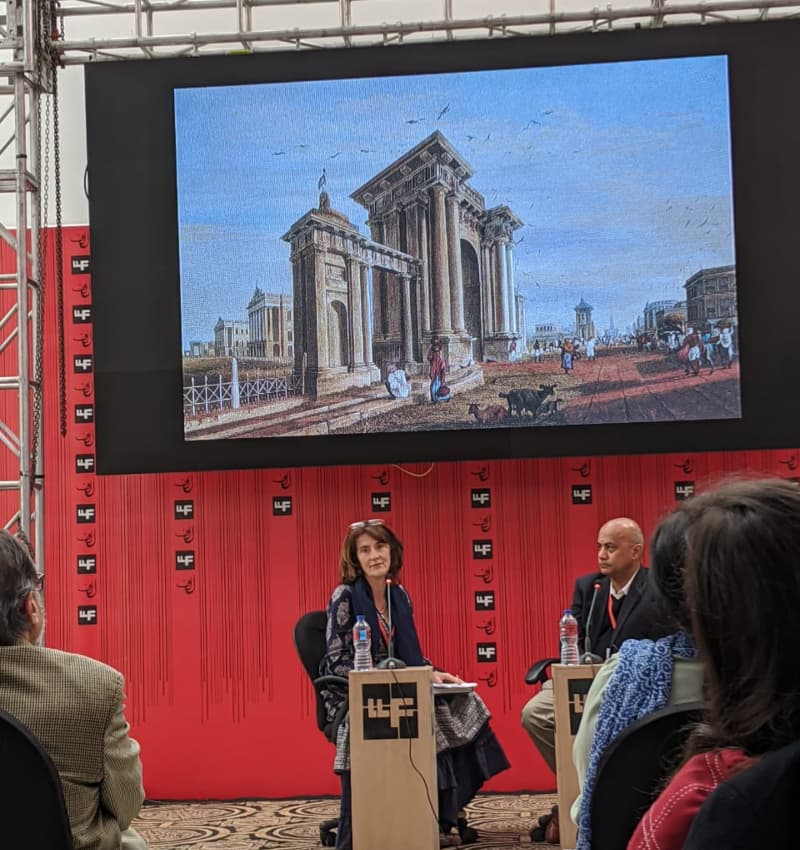
Quddus Mirza sits in conversation with Olivia Fraser.
02:30pm : Global Retreat from Multilateralism
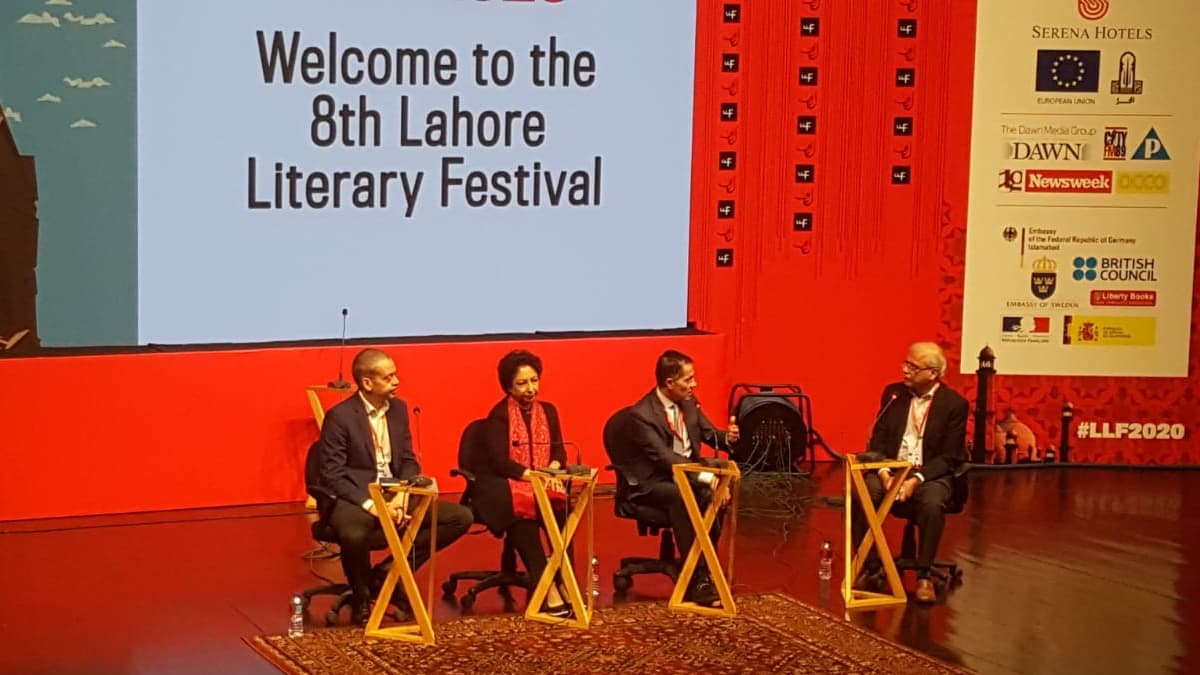
Iranian-American academic and author Vali Nasr sits with Madeeha Lodhi and Turkish author Kaya Gen in this panel.
02:00pm : Ran into William Dalrymple
01:00pm : Out and about!
Waiting for the next round of sessions to start, we decide to step out and see what else is going on. And to grab a bite hopefully!
There sure is a huge line at the food stalls!

12:00pm : My name is Red: Ahmed Rashid in conversation with Orhan Pamuk

Said Pamuk about his book, "Istanbul made me attractive but my luck of combining that with modernism, form of experimentation, I'm also proud of that."
"I think it’s the duty of the novelist to identify with the characters completely," said Pamuk. "In my novel, my effort is to make the characters convincing."
When Ahmed Rashid asks Orhan about his "amazing knowledge on the Ottomans," Pamuk responds with, "That is not true. As a novelist, it’s my job to convince you of that, but there’s only just enough information in my books to do that."
11:54:am : Orhan Pamuk takes the stage
The 2006 Nobel Prize winner, whose session with Ahmed Rashid will follow the welcome ceremony, revealed to the crowd that this is his first time in Pakistan and he'd just reached six hours ago!
11:40am : Speakers join the stage for the inaugural session

Razi Ahmed gives the keynote address, mentioning in his speech, "The Lahore Literary Festival really set the bar for so much more than to be realised over the past ten years. We're phenomenally pleased that recently UNESCO designated Lahore as the City of Literature."
He also reveals, "All the books of our author delegates have been shipped in."
11:23am : The ceremony kicks off with Qawwali

Yes, it does feel a little early for this, but we don't mind waking up to some good ol' qawwali.
11:00am : We're here!
It's bright and sunny and the crowd is gathering. The opening ceremony hasn't kicked off yet though!



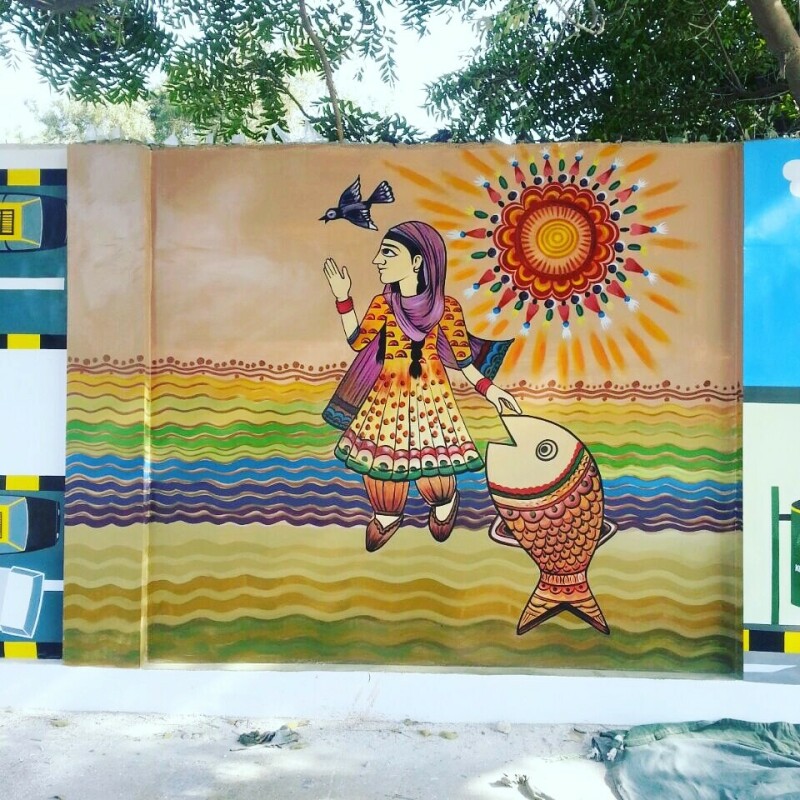
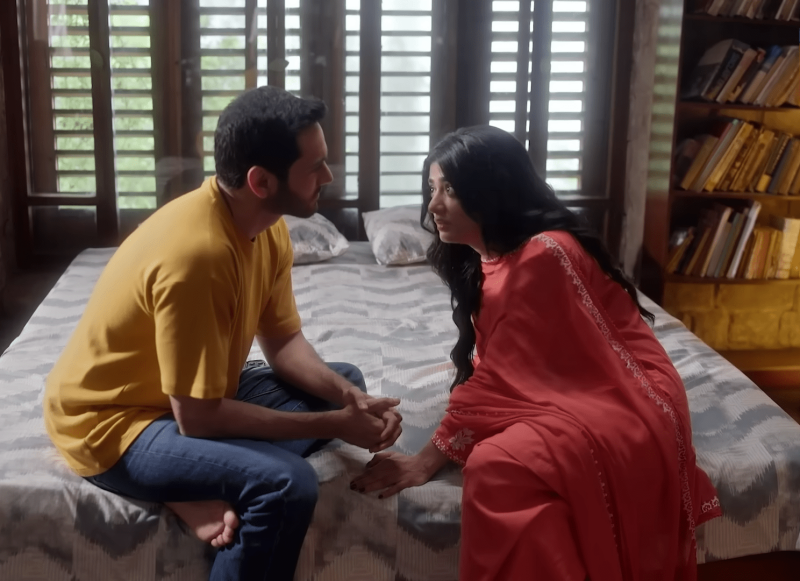
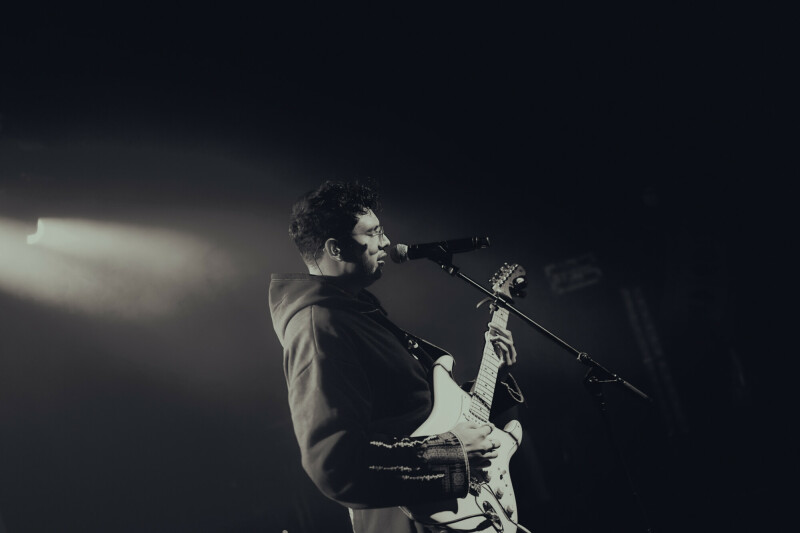
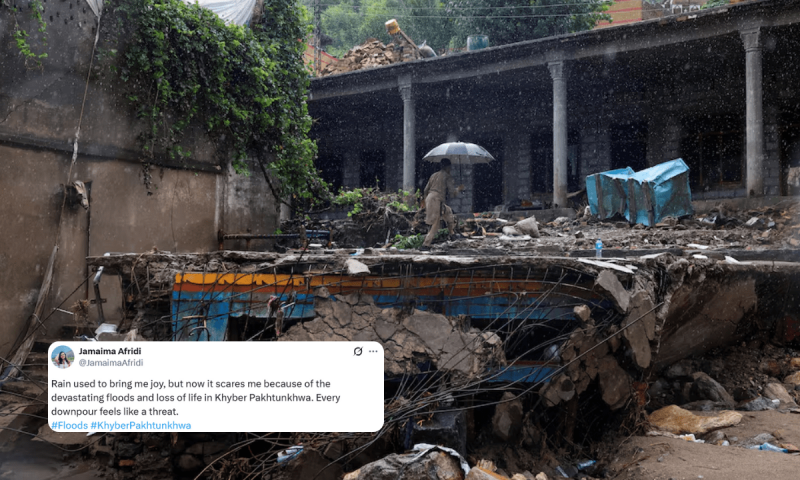
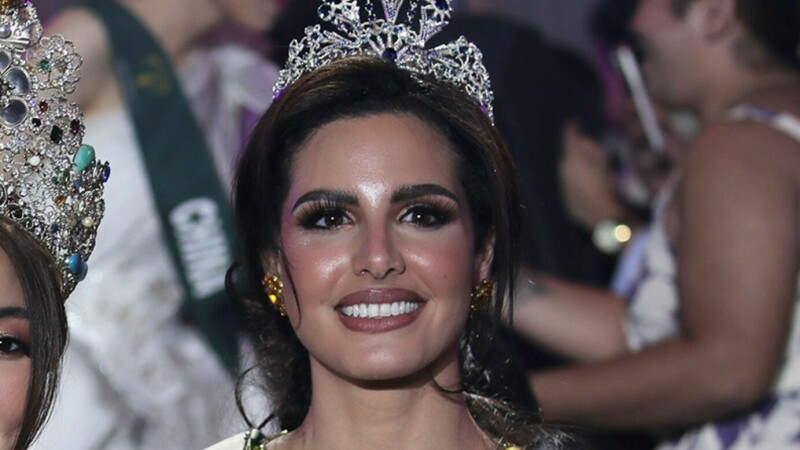
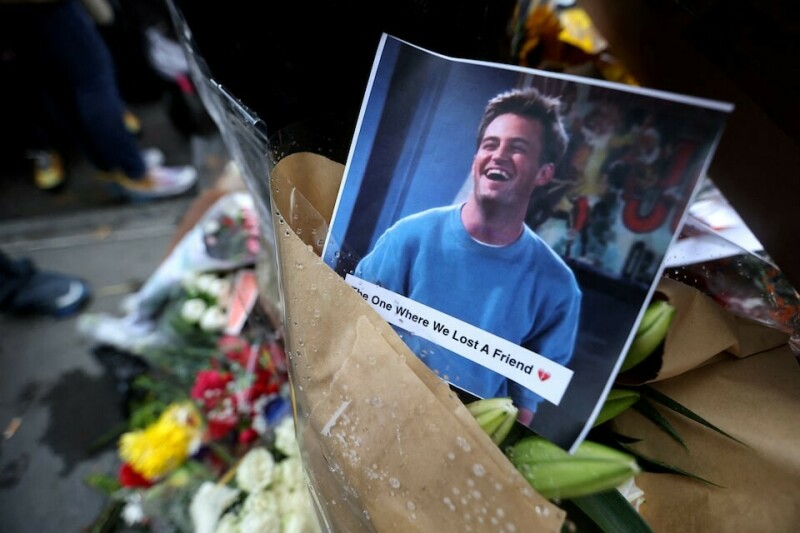
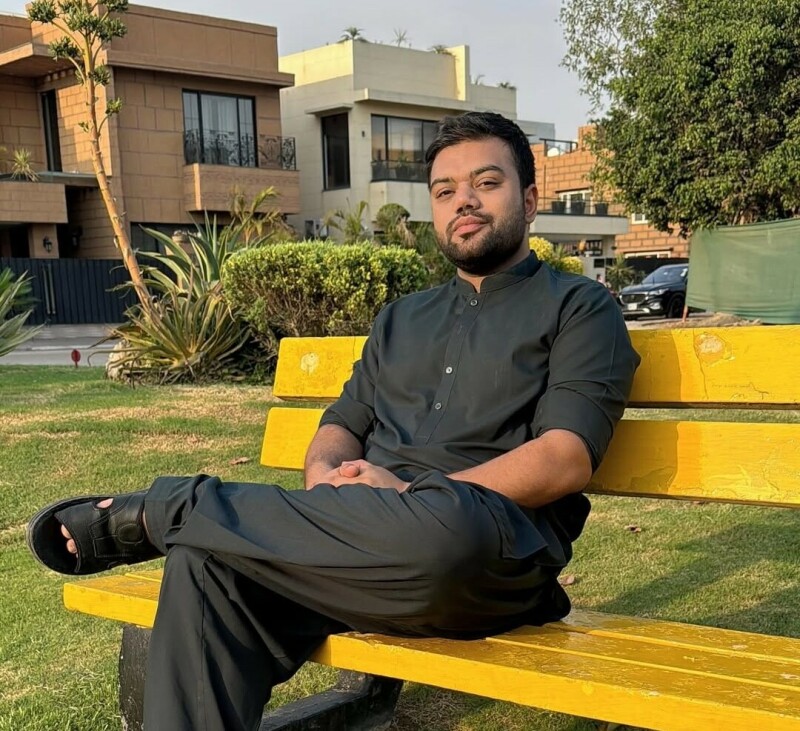
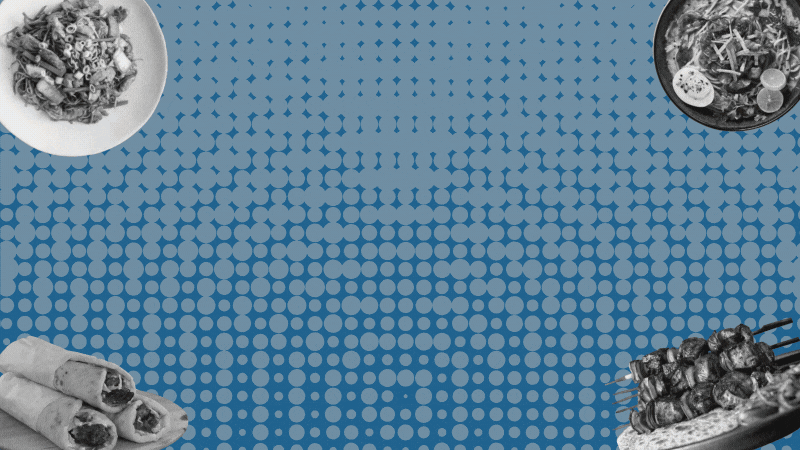
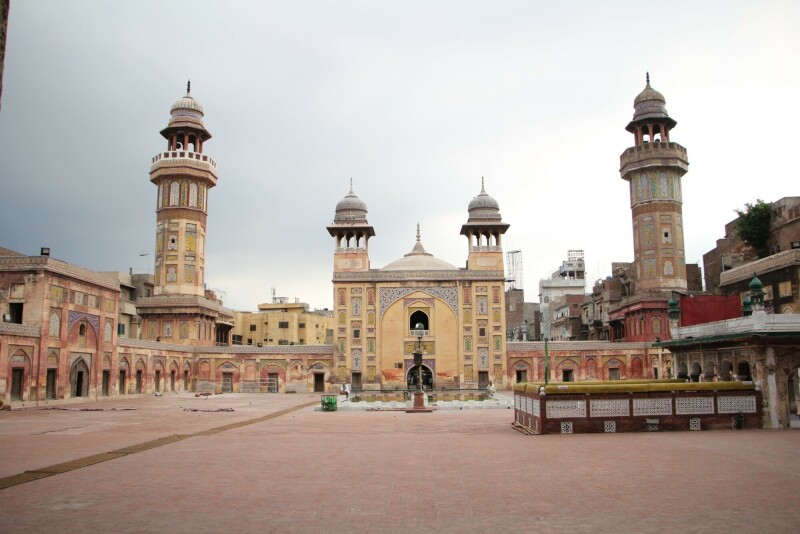
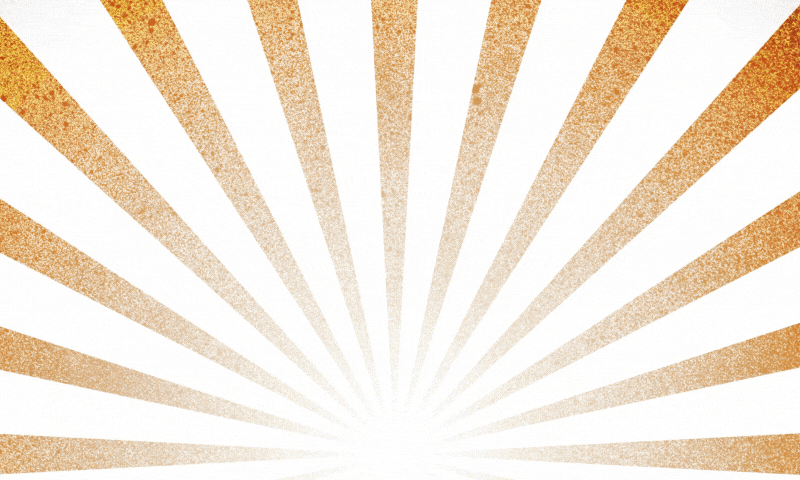
Comments